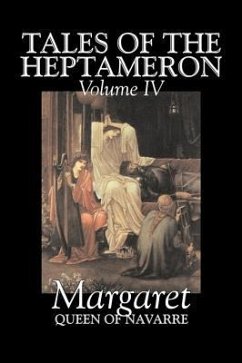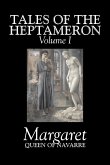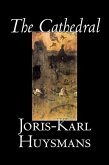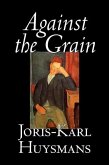Marguerite de Navarre was queen consort of King Henry II of Navarre and an author and patron of the arts. "The Heptameron" is a collection of stories inspired by Giovanni Boccaccio's "Decameron," Many of the stories deal with matters of romance and sex. Margaret believed a man could not attain a perfect love of God without first having loved a creature of the world. It was intended to be a collection of one hundred stories set over a ten day time period, but was never completed. A total of seventy-two stories in seven volumes exist. This is the fourth volume of the five.
Hinweis: Dieser Artikel kann nur an eine deutsche Lieferadresse ausgeliefert werden.
Hinweis: Dieser Artikel kann nur an eine deutsche Lieferadresse ausgeliefert werden.








